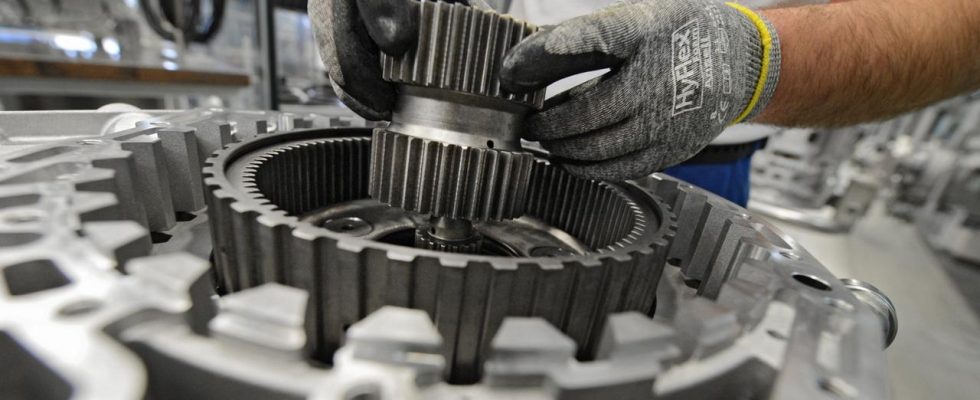Excessive bureaucracy, expensive energy – and hardly any skilled workers: Germany is a source of concern for many companies. More and more medium-sized companies are therefore investing elsewhere.
According to information from the association “Der Mittelstand BVMW”, one in four medium-sized entrepreneurs is considering relocating production abroad. The growing dissatisfaction with Germany as a business location is mainly due to the high energy costs, the lack of skilled workers and a constantly growing bureaucracy.
After the large corporations, the alarming trend has now also reached small and medium-sized companies. The consequences will only become noticeable in Germany in a few years. Association spokesman Hans-Jürgen Völz speaks of a gradual process that will lead to the loss of jobs, growth and prosperity in the medium term.
No trust in them Power supply?
“We are growing, we are investing – but no longer in Germany,” says Thomas Töpfer, owner of Hellma Materials GmbH in Jena. His operation grows synthetic crystals, an optical material that allows light to pass through freely. It is indispensable in the booming semiconductor industry. Without this product, the machines in the chip factories around the world cannot produce.
The Thuringians are world market leaders in this sector. There is hardly any competition – only two competitors in Japan, but they can’t hold a candle to the German company. Despite growth, Töpfer no longer wants to invest a single euro in Germany. With the high electricity prices, he can no longer operate profitably. He has also lost confidence in a stable energy supply. The power has gone out twice in his factory. The power outage caused millions of dollars in damage.
Doing business profitably in Sweden
A state-subsidized industrial stream – which is currently under discussion – cannot convince Töpfer. He is of the opinion that the framework conditions for energy-intensive companies in Germany have deteriorated substantially and does not want his business to be dependent on subsidies.
The medium-sized company is currently setting up a new production facility in Sweden. In the city of Trollhättan near Gothenburg, he bought into the site of the insolvent automobile manufacturer Saab and is investing 20 million euros there. Main appeal: Sweden’s electricity – a mix of hydroelectric and nuclear power – flows reliably and is among the cheapest in all of Europe. German entrepreneurs can operate profitably in Sweden.
Töpfer wants to keep his business in Jena with 100 employees going – at least for the time being. However, he does not rule out relocating the entire production to Sweden.
New sales market electromobility
Joachim Maier from Singen am Bodensee runs together with his brother in the second generation the family business Wefa Inotec GmbH, which produces so-called extrusion tools for the production of aluminum profiles. These tools are used in many industries, such as construction and the automotive industry. Electromobility has created a whole new sales market, because Wefa Inotec products are also urgently needed for the production of battery cooling profiles in electric vehicles.
Wefa Inotec GmbH is the world market leader in its field and was also named “Future Champion”. A company with particularly high growth potential and a prime example of “made in Germany”, but dissatisfied with the home location “due to the rising energy costs, the lack of skilled workers and of course the bureaucracy”, says Joachim Maier. The additional orders from electromobility come primarily from Asia.
building of production capacities in Switzerland
The family business urgently needs new production capacities and will not build them in Germany but in Switzerland. Cheaper energy and low inflation meanwhile compensate for the high wages of the Swiss. This location is particularly attractive for its Chinese customers. Thanks to a free trade agreement, they save on export and import duties that they would have to pay within the EU – an additional location plus.
“The figures show that the step away from Germany, which many medium-sized companies are taking, is not an isolated case,” warns association spokesman Völz from “Der Mittelstand BVMW”. A survey by the “Family Entrepreneurs” association even revealed that 69 percent of family business owners are currently toying with the idea of selling their company.

